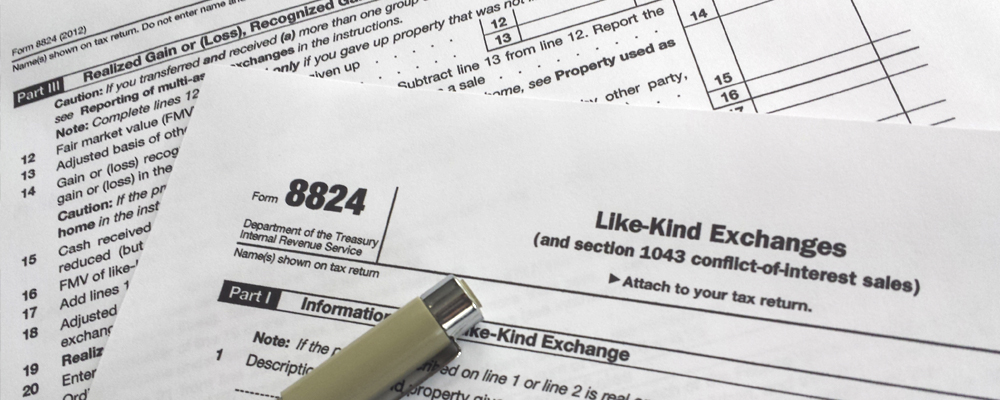What We Do
At Equity Exchange LLC, we act exclusively as a Qualified Intermediary, handling exchanges across the United States. If you are unfamiliar with 1031 exchanges or the use of a an Intermediary in making exchanges safe, quick, and- most importantly- defensible in the eyes of the IRS, this website should help explain how we can help you.
You may have heard them called Starker exchanges, like kind exchanges, or 1031 exchanges; all refer to Section 1031 of the Internal Revenue Code. Since the 1920’s this section has allowed the investor in income-producing or investment property to shelter their hard-earned equity from the much talked-about capital gains tax. Specifically, the code states: no gain or loss shall be recognized if property held for productive use in a trade or business or for investment purposes is exchanged solely for property of a like kind. Like kind property is loosely defined, leaving the investor a wide range of options. For example, raw land may be exchanged for improved land, an office building for several rental properties, several holdings in farmland for an apartment complex. Because the code requires the properties be exchanged, the necessity arises for the Qualified Intermediary.
The Qualified Intermediary, also known as a Facilitator, Accommodator, or Strawman, is the term used to describe a third party principal to a transaction whose purpose is to transfer property and money thereby insulating the Exchanger both from agency issues and from actual or constructive receipt of funds issues. The QI acts as a middleman by interfacing with all of the parties in a transaction and, in a delayed exchange, holds the proceeds from the sale in a Qualified Escrow Account and maintains an arms-length relationship with the Exchanger.
This provides a Safe Harbor with the IRS, as it meets conditions that allow for which is a legal provision that either reduces or eliminates legal or regulatory liability. The Qualified Intermediary substitutes for the Exchanger as the Seller of the Relinquished Property and Buyer of the Replacement Property. The Intermediary provides the documentation to establish an exchange and to provide the best paper trail if there should ever be an audit. The Intermediary instructs the title company or attorney’s office in completing the paperwork to achieve an exchange rather than a sale. The Intermediary is available to answer questions from all interested parties throughout the entire exchange process.
Our brochure offers helpful information such as terminology and background, while many of your questions may be answered in our FAQ.

